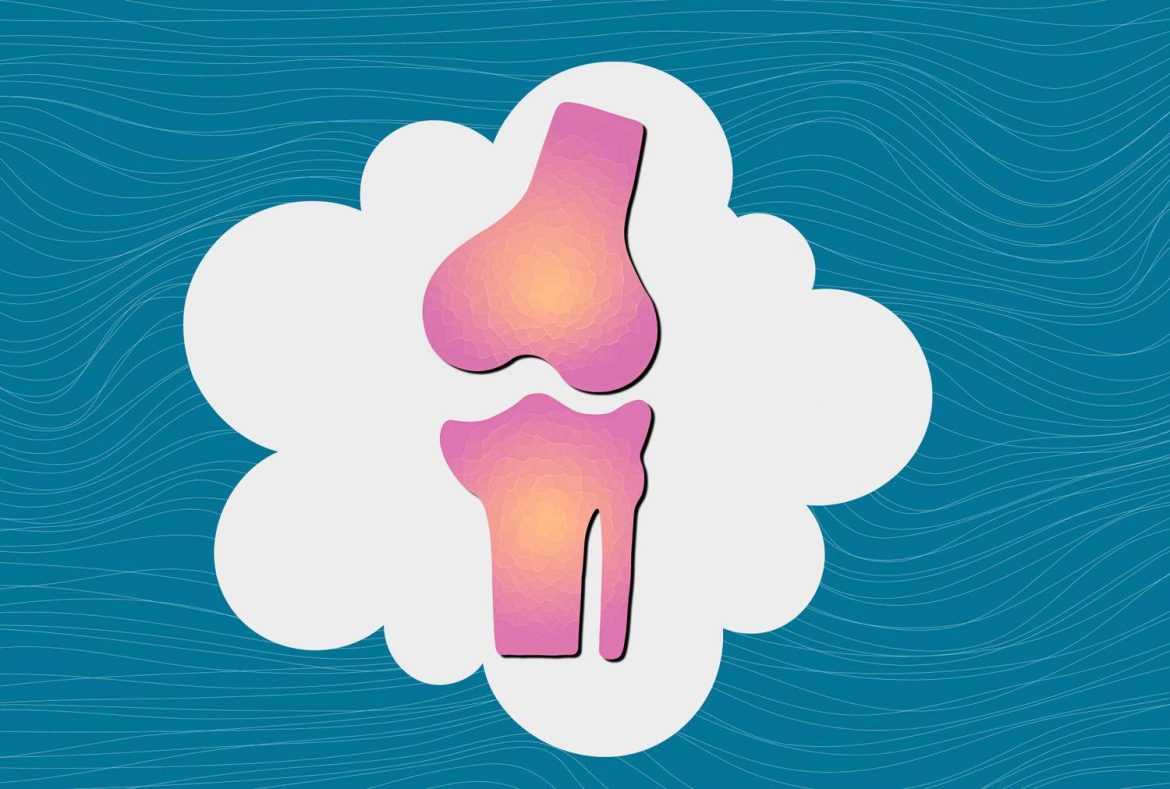:max_bytes(150000):strip_icc():format(jpeg)/The-1-Habit-to-Break-to-Prevent-Osteoporosis-d1cb3b072f764796ae31605879c8a128.jpg)
- Osteoporosis is a major cause of fractures, disability and loss of independence in older adults.
- Smoking weakens the bones by disrupting their natural remodeling process and slowing healing.
- The earlier you adopt bone-healthy habits, the stronger and more resilient your skeleton will be.
Staying active and independent well into the future starts with strong bones. Your skeleton does more than give your body structure—it protects vital organs and makes every movement possible, from daily errands to new adventures. Bone health isn’t just a concern for older adults; it matters for everyone. The strength you build earlier in life directly affects how your bones age and your risk of osteoporosis later on.
Osteoporosis is a condition where bones become fragile and more prone to fractures, which can severely limit independence. In fact, breaks caused by osteoporosis are among the leading causes of disability in older adults.
Many daily habits can help safeguard your bones in the long term, but experts strongly urge one change in particular: quitting smoking. We spoke with orthopedists to explain why breaking this habit is one of the most effective ways to prevent osteoporosis, along with other expert tips for keeping your bones healthy and resilient.
Why Quitting Smoking Is So Important for Bone Health
When asked about the top lifestyle change for bone health, experts have a clear answer. “The No. 1 habit I tell people to break is smoking,” says Pamela Mehta, M.D. While most people know that smoking harms the heart and lungs, its devastating effects on the skeletal system are often overlooked. Research consistently links tobacco use to decreased bone density—the primary cause of osteoporosis.
Studies show that smokers face a significantly higher risk of fractures compared to nonsmokers, and the longer you smoke, the greater your risk. The damage isn’t just a long-term concern; it directly affects your body’s ability to maintain a healthy skeleton. “I’ve seen otherwise healthy, active people develop brittle bones far earlier than expected simply because of long-term smoking,” says Mehta.
Here’s a closer look at why smoking is so harmful for your bone health.
It Disrupts Bone-Building Cells
Your bones are constantly undergoing a process called bone remodeling, in which old bone is broken down and replaced with new bone. This delicate balance is managed by two cells: osteoclasts, which break down bone, and osteoblasts, which build it up. Smoking disrupts this balance.
“Nicotine and other chemicals in cigarettes interfere with how your body builds and maintains bone, essentially speeding up bone loss,” Mehta explains. Essentially, smoking increases the activity of osteoclasts while slowing down osteoblasts, leading to a net loss of bone mass and weaker bones.
It Impairs Blood Flow and Nutrient Delivery
Healthy bones rely on a steady supply of oxygen and nutrients, delivered through the bloodstream. Chemicals in cigarettes—especially nicotine—cause blood vessels to constrict, reducing blood flow throughout the body, including to your bones.
This diminished circulation means your skeleton may not receive enough vital building blocks, such as oxygen, calcium, phosphorus and other essential nutrients needed to stay strong. As a result, bone remodeling slows, leaving bones weaker and more porous.
It Complicates Healing
The negative effects of smoking aren’t limited to long-term bone loss—they also create immediate challenges when an injury occurs. “Tobacco use inhibits bone formation and bone turnover, which contributes to delayed bone healing when a fracture occurs,” according to Lori Fitton, Ph.D., APRN, CNP, CCD.
This is one reason why quitting smoking is often required before certain medical procedures. “Many orthopedic surgeons require a patient to be tobacco-free before an elective orthopedic surgery will be scheduled because tobacco use delays healing and increases the probability of postoperative infections,” Fitton adds.
The message is clear and stark: “Tobacco use is bad for all bones, whether they are healing bones or growing bones,” warns Fitton.
Other Tips for Supporting Healthy Bones
Quitting smoking is one of the most impactful steps you can take for your skeleton, but other habits also play a role in building strong bones. Experts say these lifestyle adjustments can further reduce your risk of osteoporosis while supporting overall skeletal health:
- Prioritize Calcium and Vitamin D. Calcium is the main mineral in your bones, and vitamin D helps your body absorb it. Include calcium-rich foods like dairy products, leafy greens and fortified foods, and vitamin D sources such as fatty fish, certain mushrooms and fortified milk. Some people may need supplements to meet their needs.
- Eat More Protein. Protein not only builds muscle but it also strengthens bones. Aim to eat high-quality protein at every meal and snack.
- Engage in Weight-Bearing Exercise. Gravity-resisting activities stress your bones, triggering them to grow stronger. Include resistance training (body-weight exercises, weight lifting) and impact exercise (jumping jacks, skipping, jogging, sports involving vertical jumps) at least two or three times per week.
- Limit or Avoid Alcohol. Excessive alcohol intake can reduce calcium and vitamin D absorption and disrupt hormones that protect bones. Limit alcohol consumption to one drink per day for women and two for men—or skip it entirely for stronger bones.
Our Expert Take
Bone health matters at every age. While some factors—like genetics—are beyond your control, the habits you build today may directly influence your skeletal strength tomorrow. One of the most important changes you can make is quitting smoking. Smoking interferes with your body’s natural bone-building processes, limits nutrient delivery and slows healing, all of which increase your risk of osteoporosis.
To further protect your bones, focus on a balanced diet rich in calcium and vitamin D, stay active with regular weight-bearing exercise and limit alcohol intake. By taking proactive steps now, you’ll build a stronger foundation to support an active, independent and vibrant life for years to come.

